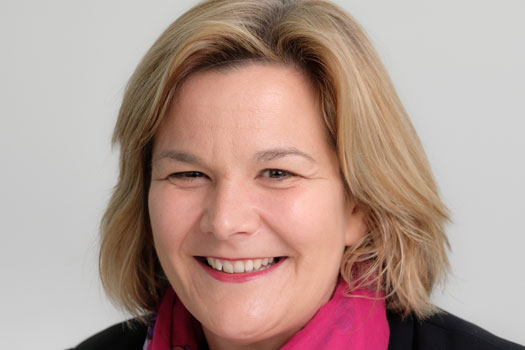Pulse 2019 review: An inspector continues to call

In March, the CQC’s new chief inspector of primary medical services took up the role. A GP herself, Dr Rosie Benneyworth knows first-hand the struggles the profession is facing.
A CQC report in October showed that the regulator was aware of how workload pressures affected their inspection ratings. The report concluded that a ‘large group of GP practices’ had received lower inspection ratings because of ‘ongoing capacity issues’.
So, with this in mind, it was hoped that Dr Benneyworth’s commitment to be a ‘critical friend’ to GPs would put the emphasis on ‘friend’, taking into account that problems with GP practices tended to be due to external factors, like recruitment and increasing demand.
Such a hope was soon extinguished later in October. In an interview with Pulse that month, she said inspectors would not loosen their approach to regulation.
‘We’re not going to be making any concessions,’ Dr Benneyworth affirmed. Instead, the watchdog would be looking at what practices are doing to ride the storm, with a sharper focus on collaborating with other local services to solve some of the problems faced by general practice.
She added that primary care networks (PCNs) are ‘a huge opportunity’ to do just that.
‘We know that practices are under huge demand and that’s making it very challenging,’ she commented.
‘But we are seeing different practices in different parts of the country really address those challenges by remodelling what they’re doing within their practice, working in conjunction with partner agencies across the local area, thinking about what their population needs are and how they can respond to those.’
While practices that are struggling look set to feel the force of the CQC’s heavy glare, the pressure is easing slightly on those that score highly. Surgeries with a ‘good’ or ‘outstanding’ rating are being subject to visits as infrequently as once every five years, with an annual phone interview replacing the once-yearly inspection.
Dr Benneyworth said this was proving successful so far, and was ‘helping to build relationships between inspector and practice’.
On the other hand, the CQC wants to make it easier for patients to complain about healthcare services – a stance that will surely have the opposite effect.
High-quality patient care must not be compromised – no one can argue against that.
But given the apparent lack of empathy for struggling practices and over-burdened GPs, the CQC’s reputation might be less critical friend, and more outright critic.
Pulse July survey
Take our July 2025 survey to potentially win £1.000 worth of tokens











